Manger – 100% Made in Germany
Every single Manger sound transducer is a unique product.
The demands placed on the manufacture of the Manger sound transducer are so complex that the quality standards cannot be met in just one single measure. Indivisible quality is the motto, and this is why Manger sound transducers are manufactured with an exceptional degree of careful craftsmanship and with no regard to costs.
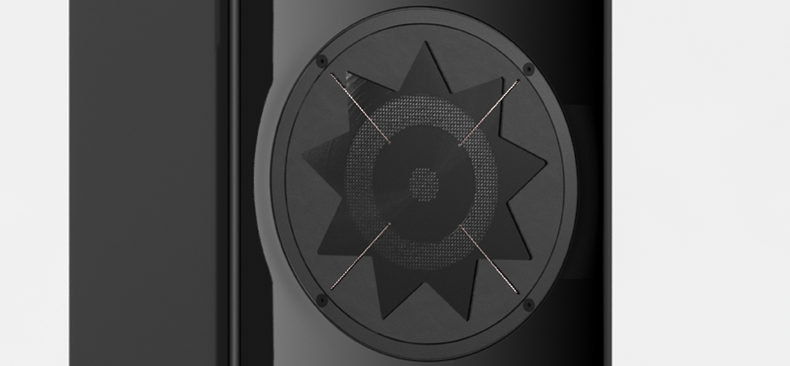
The bending wave transducer is shaped under clean-room conditions. It captivates by its exceptional quality and makes a Manger sound transducer an investment for life. It is infinitely functionally reliable, with a musical performance capacity well beyond the limitations that are imposed on a traditional loudspeaker chassis.
Manger’s precision expertise and the subtle quality of the materials can be felt in every aspect of the transducer. For example, the baskets are manufactured from a piece of resonance-damping Duralumin with the highest quality of planeness and concentricity at tolerances of +/- 10 µm. The surface is then turned using diamond tools and given a silk-matt finish in an anodizing process that only a handful of companies can master.
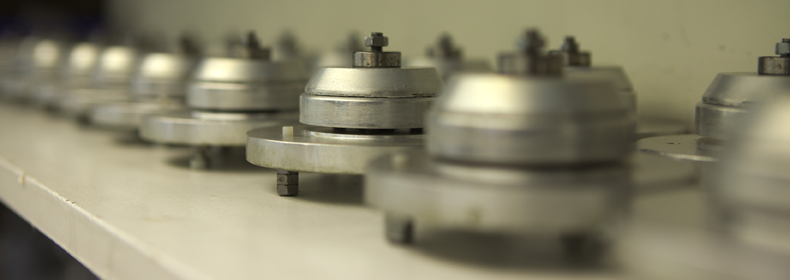
The secret behind the transducer, the efficient material of the sandwich diaphragm, was personally developed by Josef W. Manger and is manufactured in our own laboratories to a closely guarded formula.
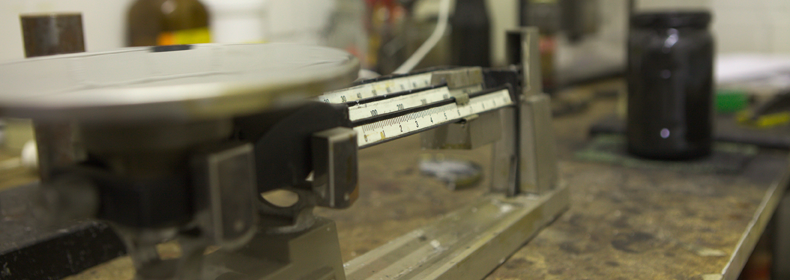
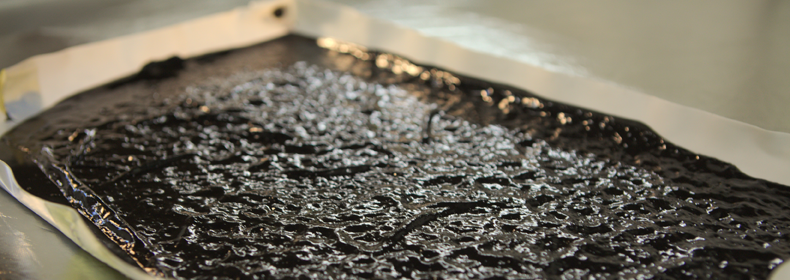
As many as 15 neodymium magnets with the highest energy density available today gives the Manger sound transducer an efficiency factor achieving an astonishingly high sound pressure level.
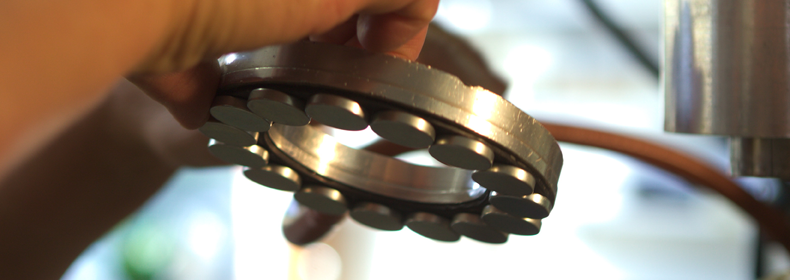
The voice coil is yet another innovation. The rise time of 0.013 milliseconds stated in the performance specifications (which is a quantum leap compared to piston loudspeakers) meant that we had to develop a completely new coil system, the design details of which are so unique they are covered by patent protection.
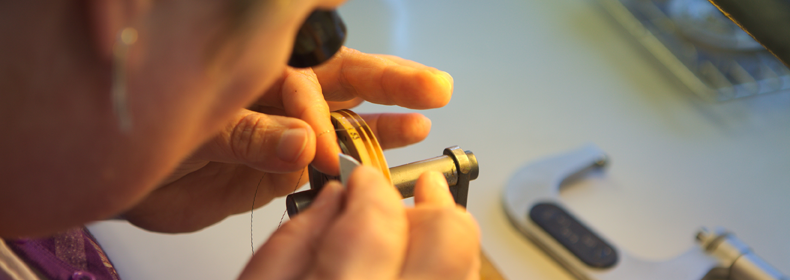
The fine mechanical qualities behind the Manger sound transducer are also apparent in the four electrical coil connecting leads made of pure copper. These are connected by hand via contact points with the 0.4 gram aluminium coil and are as thin as a human hair. This extraordinary precision is only possible using a completely new process that Manger developed especially for this purpose.
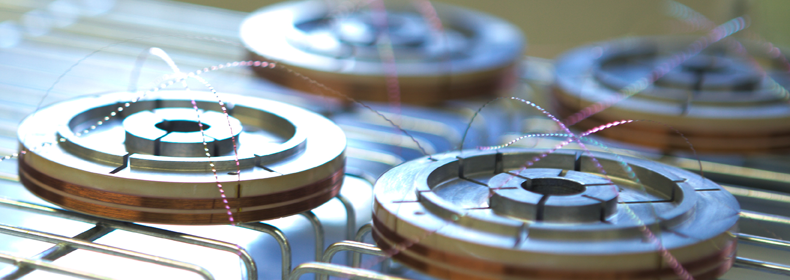
During manufacture and assembly each single Manger sound transducer is stringently checked and tested for quality. We know that every detail can make a significant contribution to the overall quality of this precision transducer. Only optimum interaction of all of the individual components ensures that we maintain the high quality that has made the Manger sound transducer so famous.
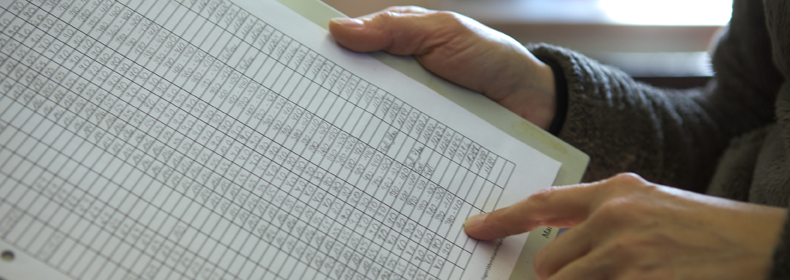
The transducer design also ensures that this assertion of quality will always apply. The Manger sound transducer has neither a centering spider nor a supporting suspension. All 32 components of the sound transducer are assembled in painstaking and detailed work, carried out with the utmost care using tools specially developed for this purpose. A cost-intensive operation that is more similar to the work of an old-fashioned watchmaker than to today’s standard mass production in loudspeaker manufacture.
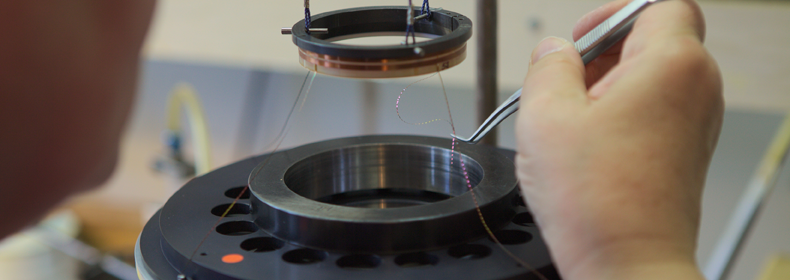
It is no coincidence that the Manger sound transducers are made in Mellrichstadt, as this oldest site of cultural interest in Franconia is not only located exactly at the centre of Germany and Europe, but is also directly adjacent to the Rhön biosphere reserve. This model region recognised by UNESCO is intended to set an example of how human economy and trade is possible in harmony with nature. Creativity and innovation, but also an awareness of traditional values form the motor driving the people in this region to achieve this. And the Manger sound transducer is a fine example of what can be achieved.
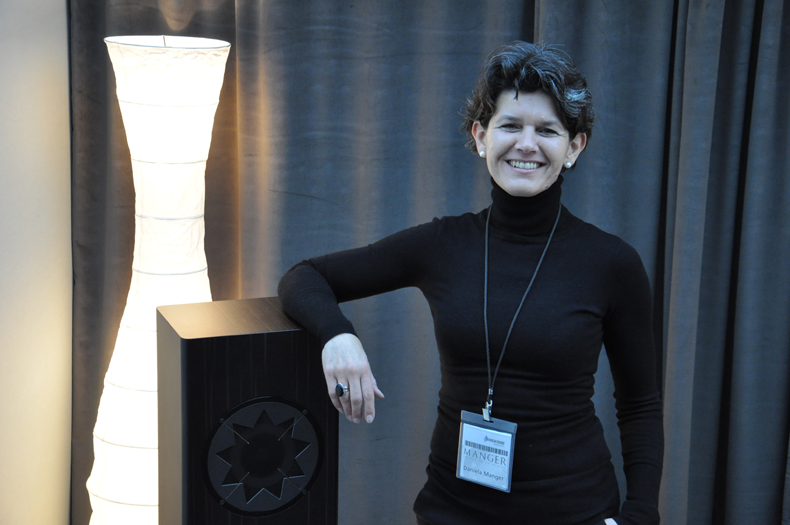
An excerpt from our Reference List:
Hochschule für Musik, München
Studio Nord, Bremen
Thein Studio & Recording Mobile, Bremen
„Stimme der Hoffnung“, Darmstadt
Tonstudio Uli Kraus, Walchstadt
Tonstudio Christian Kolonovits, Wien
Tonstudio Abé, Bad Mergentheim
Hochschule für Musik, Würzburg
Hochschule der Künste, Berlin
Hochschule der Künste, Musikwissenschaftliches Studio, Berlin
Studio ONE, Bartsch KG, Berlin
Staatl. Institut für Musikforschung (SIM), Berlin
TV-ONE-Tonstudio, München
Musicland Mack, Los Angeles
Evang. Rundfunkdienst, Berlin
Fritsch&Friends, Berlin
Zentrum für Kunst- und Medientechnologie, Experimentalstudio, Karlsruhe
Musikakademie der Stadt Basel, Elektronisches Studio, CH-Basel
Heinrich-Strobel-Stiftung (SWR), Elektronisches. Studio, Freiburg
Phon Tonstudio, Köln
Julius-Maximilian-Universität, HNO-Klinik – Audiologie, Würzburg
Toolhouse Recordings, Gelnhausen
SoundCircle, Neu-Ulm
AEON Verlag+Studio, Hanau
Sanwood Studios, Würzburg
Pink Tonstudio, CH-Solothurn
Walter Tilgner Naturaufnahmen, Allensbach
Pirat Recording Studio, Mannheim
Zentrum für Kunst- und Medientechnologie, Tonstudio, Karlsruhe
Jugendhaus Wörthsee, Tanzflächen-Beschallung
Kiddinx, Berlin
Sennheiser, Wedemark – Mikrofon-Entwicklung
Schoeps, Karlsruhe – Mikrofon-Entwicklung
H.U.Werner, Köln – Komponist
E.T.A.Hofmann-Theater, Bamberg
Cavalli-Records, Bamberg
Horst Göbel, Berlin – Pianist
Rudolf Schenker – Musiker (Scorpions)
RWTH HNO-Klinik, Aachen – Audiologie
Carl-Ossietzky-Universität, Oldenburg – Audiologie
Wehrtechnische Bundesanstalt, Meppen
Musico Sophia, Sankt Peter – Internationale Schule für die Ausbildung des bewußten Musikhörens
Staatl. Hochschule für Musik und Darstellende Kunst, Mannheim – Tonstudio
The Technical University of Denmark, Haslev
Institut Franco-Allemand de Recherches de Saint-Louis, Frankreich
Johannes-Kepler-Universität Linz, Österreich
National University of Singapore, Acoustic Research Laboratory, Singapore
Deutsches Meeresmuseum, Stralsund
National Institute of Multimedia Education, Tokyo
Bruno Weil, Dirigent s Institut für Gehirnforschung und Kommunikation, Stuttgart
Physikalische Technische Bundesanstalt, Braunschweig
Institut für Zoologie, Abt. Neuroakustik, Darmstadt
University of Maryland, Dept. Anatomy and Neurobiology, USA
Physiologisches Institut der Johann-Wolfgang-Goethe-Universität, Frankfurt
Mann+Hummel, Ludwigshafen
Biosphärenreservat Haus der Langen Rhön – Ton-Dia-Show
MBHO, Obrigheim – Mikrofonentwicklung
Club Raumklang, Berlin
Soundelux, USA – Mikrofonentwicklung
Grüne Halle, Fürth – Markt- und Veranstaltungshalle
it worx, Berlin – Tonstudio
Südsternkirche CZB, Berlin – Beschallungsanlage für Konzerte und Gottesdienste
Hochschule für Musik – IMM, Karlsruhe – Tonstudio + Hörsaal
FH Offenburg – AV-Studio s Hotel Sturm Mellrichstadt – Lounge
Sanbreeze, Berlin – 5.1-Regie DVD-Authoring
Studio Bartberg, Mischa Krausz, A-Wien – Filmkomponist
Staatsoper Baku, Tonregie
Claudius Brüse, Köln – Filmkomponist
Peter Gorges, Bremen – Music technologies & Synthesizer/Sound-Spezialist
Mark Ernestus, Berlin – Sound Design & Creative production
SONAMI, Liechtenstein
WERYTON, München – Music productions
Willsingh Wilson, Berlin – Sound research – Creative music studio
MPM-Musikverlag+Tonstudio, Berlin
Phlexton Studio, Berlin
Bauhaus Dessau, Dessau
Vinylium, Solothurn – Mastering
Universität Wien – Inst. f. Musikwissenschaft, Wien
1000Volt Post Production, Istanbul
Tucan Tonstudio, Kornwestheim
Jens Jamin, Wien
Hardwax, Berlin
Earthworks Microphones, Milford (USA)
Jay Ahern, Boulder (USA)
Auraton Studio, Berlin
Schallplattenschneidtechnik Brüggemann, Frankfurt
Josephson Microphones, Santa Cruz (USA)
OHSU Hearing Research Center, Oregon (USA)
TAO Music- & Mediaproductions, Hamburg
DaCapo Orchestra Sound, Germany
Moscow NTV, Russia – Post production
Francksche Stiftung, Konferenzsaal, Halle
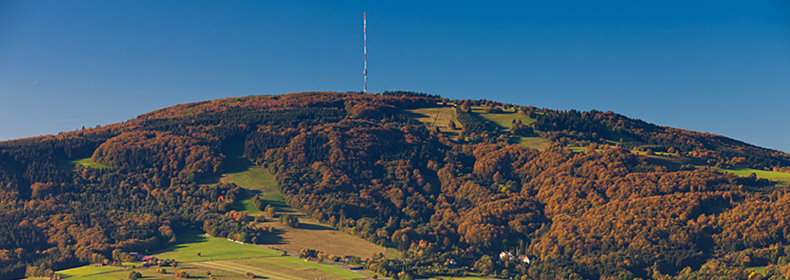
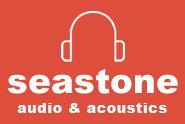

 English
English Suomi
Suomi Eesti
Eesti Latviešu
Latviešu
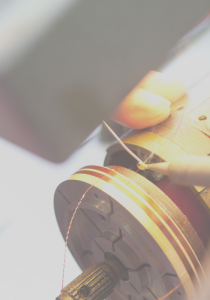
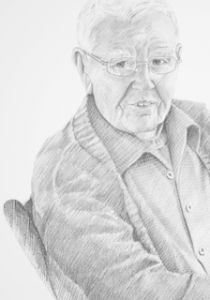

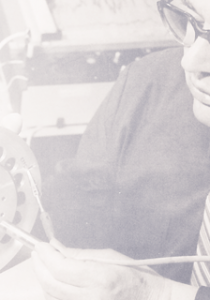




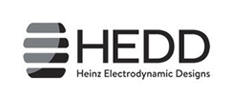


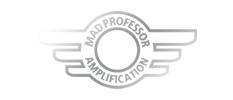
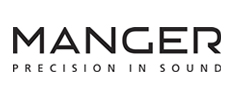


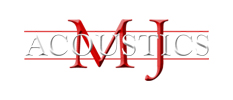
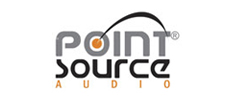





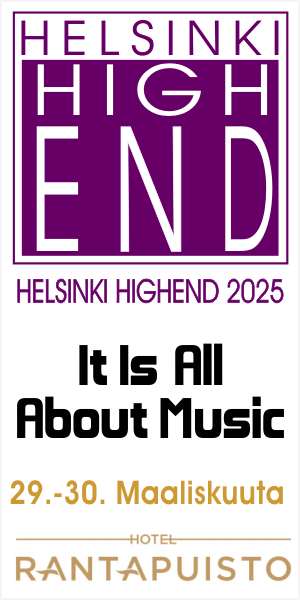
 seastone.audio
seastone.audio